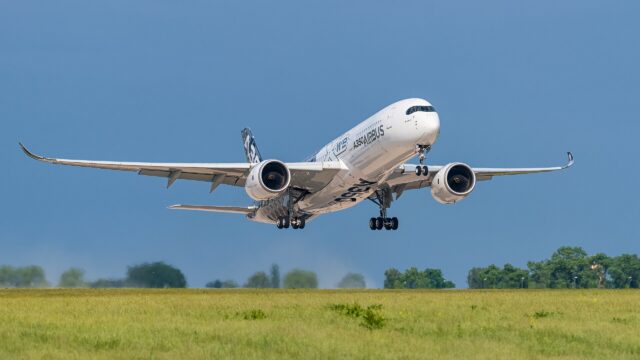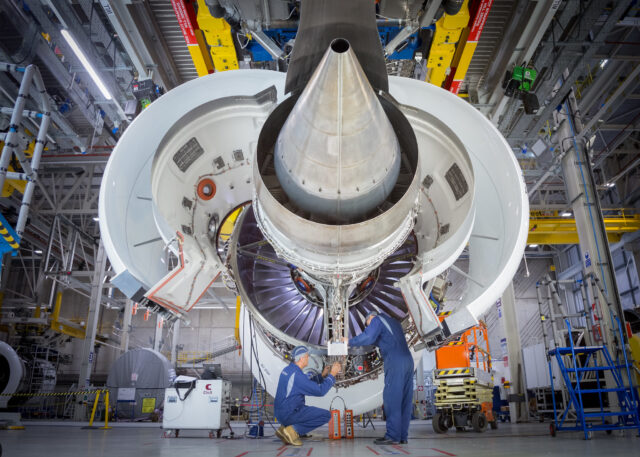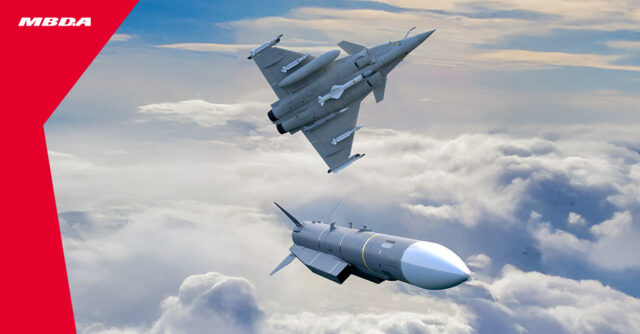Air Canada cancels flights and prepares for complete grounding by weekend as cabin crew strike looms

August 13, 2025

Air Canada will begin scaling back the majority of its mainline and Rouge flights over the next three days after receiving a 72-hour strike notice from the Canadian Union of Public Employees (CUPE), which represents around 10,000 cabin crew.
Services operated by Air Canada Express partners Jazz and PAL Airlines will continue unaffected, but these account for only about a fifth of the carrier’s daily passengers.
The airline says the phased suspension is designed to prevent the disorder that could follow a sudden stoppage, citing examples from other carriers where unplanned strikes have caused severe disruption.
Flights will be scaled back tomorrow and Friday, with plans for a complete stoppage and grounding of the fleet on 16 August.
What should affected Air Canada passengers do?
Air Canada advises affected passengers to claim a refund via its website or mobile app.
If travel is essential, Air Canada has made arrangements with other Canadian and foreign airlines to provide replacement flights. If an alternative option is available, passengers will be contacted directly
However, the airline warns that, given the summer travel peak, many other airlines are flying full and may be unable to offer seats.

Air Canada is offering free rebooking and deferral of travel to its affected passengers.
It advises against travel to the airport unless the passenger has a confirmed booking and flights showing as operating on the Air Canada website. The airline also encourages the use of its self-service tools, as contact centre wait times are expected to be ‘highly elevated’.
Air Canada strike follows months of talks
The strike follows eight months of so-far unfruitful negotiations.
Air Canada says it tabled a revised proposal on 11 August offering a 38% rise in total remuneration over four years, together with enhanced pensions, benefits, increased crew rest and ground pay, with no concessions sought from the union.
CUPE rejected the offer and instead issued notice of strike action from 16 August.

“The disappointing conduct of CUPE’s negotiators,” says Michael Rousseau, president and chief executive of Air Canada. “The union’s stated intention to launch a strike puts us in a position where our only responsible course of action is to provide certainty by implementing an orderly suspension of Air Canada’s and Air Canada Rouge’s operations through a lockout.”
Rousseau warned of ‘chaos’ for travellers as a result of the strike, and noted that the airline has now sought government-directed arbitration as the “only certain avenue to bring closure to bargaining.”
Air Canada noted that the impending complete shutdown of its services on 16 August was a risk to other employees at the company. Wanting to avoid stranded crew and aircraft, the company is strategically repositioning all of its assets so that it can quickly restore regular service.
According to the airline, as many as 130,000 passengers a day could be affected if services stop, including around 25,000 Canadians returning from overseas who risk being stranded.
The airline says it remains willing to resume talks or proceed to binding arbitration, but believes that federal intervention is now the only viable way to avoid a prolonged stoppage.
‘Deep frustration’ from union members
The Air Canada Component of CUPE said its members had voted 99.7% in favour of strike action.
CUPE said the ballot outcome reflects “deep frustration” among members over the pace and substance of negotiations.
“The company would rather drag their feet than negotiate on the things that matter to our members,” said Wesley Lesosky, president of the Air Canada Component of CUPE. “Now, flight attendants have had a chance to weigh in and tell the company it’s time to get serious about negotiating.”

The union points to stagnant pay growth as a major sticking point.
Since 2000, inflation in Canada has risen by 169% and average full-time wages by 210%, but CUPE says entry-level cabin crew wages at Air Canada have gone up only 10% in 25 years – an increase of just three dollars an hour.
It also says flight attendants are unpaid for key parts of their workday, including safety checks, dealing with medical or safety emergencies, and helping passengers board and disembark.
“While the airline continues to slap junk fees on flyers and gouge the public, they’re also exploiting their own employees by severely underpaying flight attendants or refusing to pay them at all for safety-critical aspects of our jobs,” said Lesosky.
“Air Canada has raked in billions in profits in the past few years. They can afford to pay us fairly without raising costs for the public.”
















